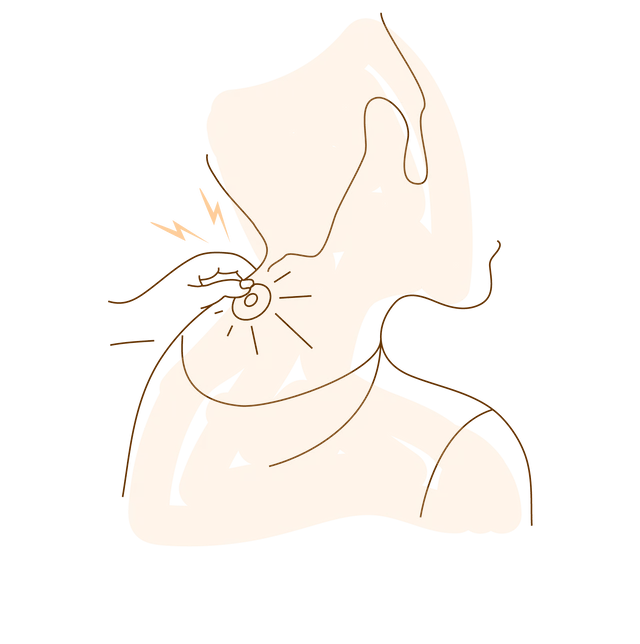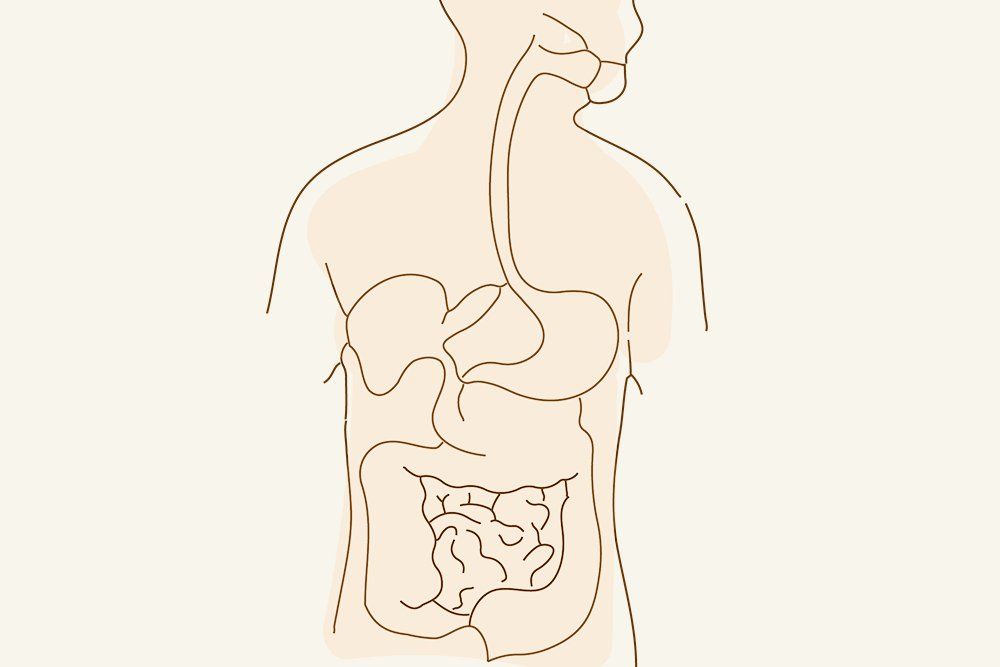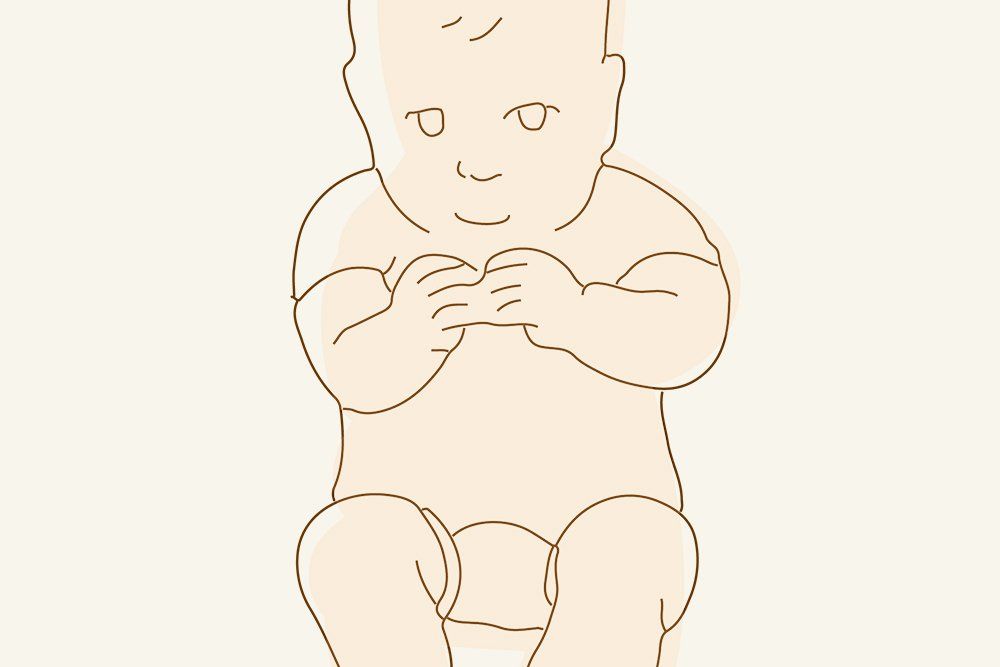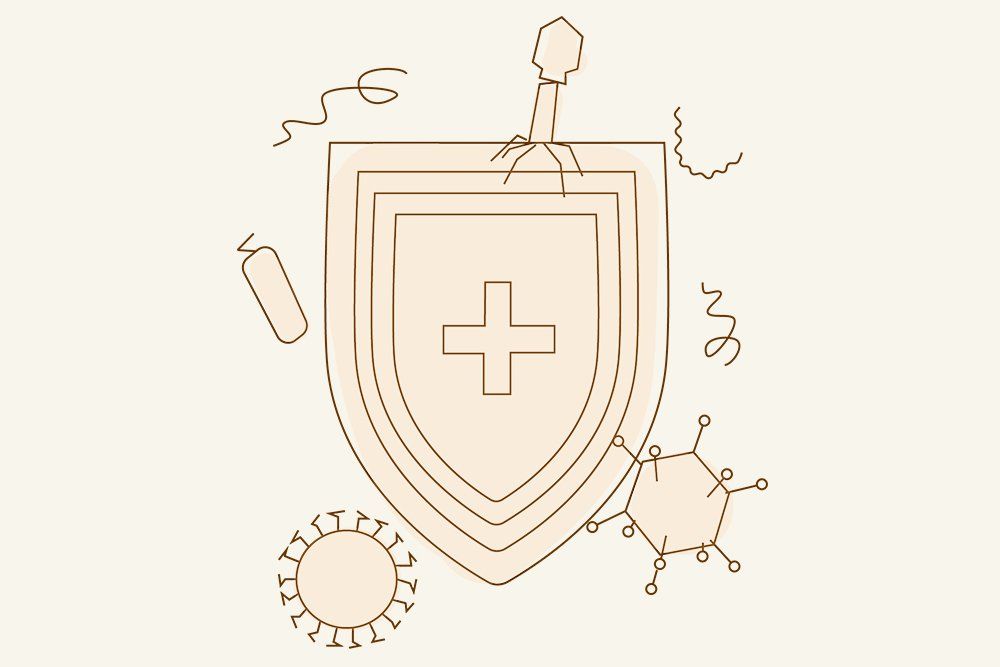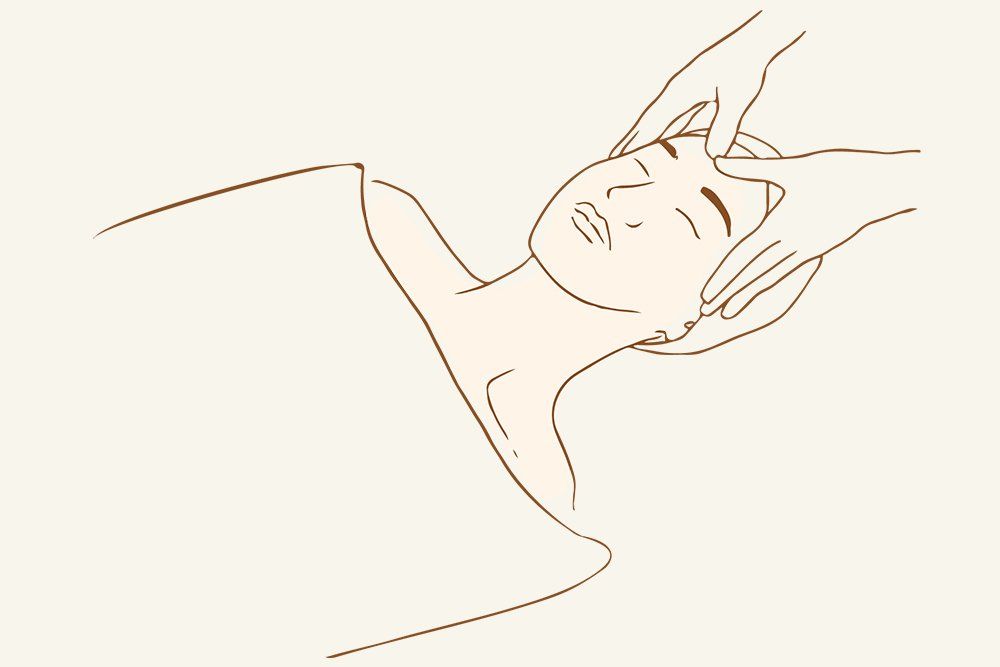PAIN MANAGEMENT
Pain is a common complaint that most people will experience at some point in their lives. Although unpleasant, it is also an important signal from our body to pay attention and take proactive steps to fix what hurts.
TCM classifies pain into two types: the "excessive" type in which the flow of qi and blood are obstructed by either intrinsic or external factors, and the "deficient" type caused by conditions that exhaust qi and blood.
Excessive-type pain is usually acute, such as in the case of a gout attack where there is intense pain, redness, a warm sensation and swelling. Chronic pain, on the other hand, tends to be a deficient-type condition. An example of this would be dull body aches due to osteoporosis.
TCM assesses and treats the root cause of pain while effectively managing the symptoms manifested from the pain through various common TCM treatments such as Acupuncture, Tuina, Herbal medication etc. After a thorough consultation by the TCM physician, a customized treatment plan will be prescribed for the patient depending on the conditions and body constituent of the individual.
Office Syndrome
Experiencing pain, soreness or numbness in the body from working on the computer for an extended period of time is termed Office Syndrome. Unlike the past where more middle aged and elderly experience Office Syndrome, more working adults under the age of 40 are experiencing it too.
Symptoms of Office Syndrome include:
Headache or dizziness, Soreness around the eyes, Neck or back ache, Chronic muscular pain, Numbness in wrists or feet, Aching or tightness in shoulders
Although these symptoms may seem trivial initially, they may eventually lead to chronic pain, intervertebral disc problem or spine abnormalities which will eventually affect the normal functional activities if left untreated.


